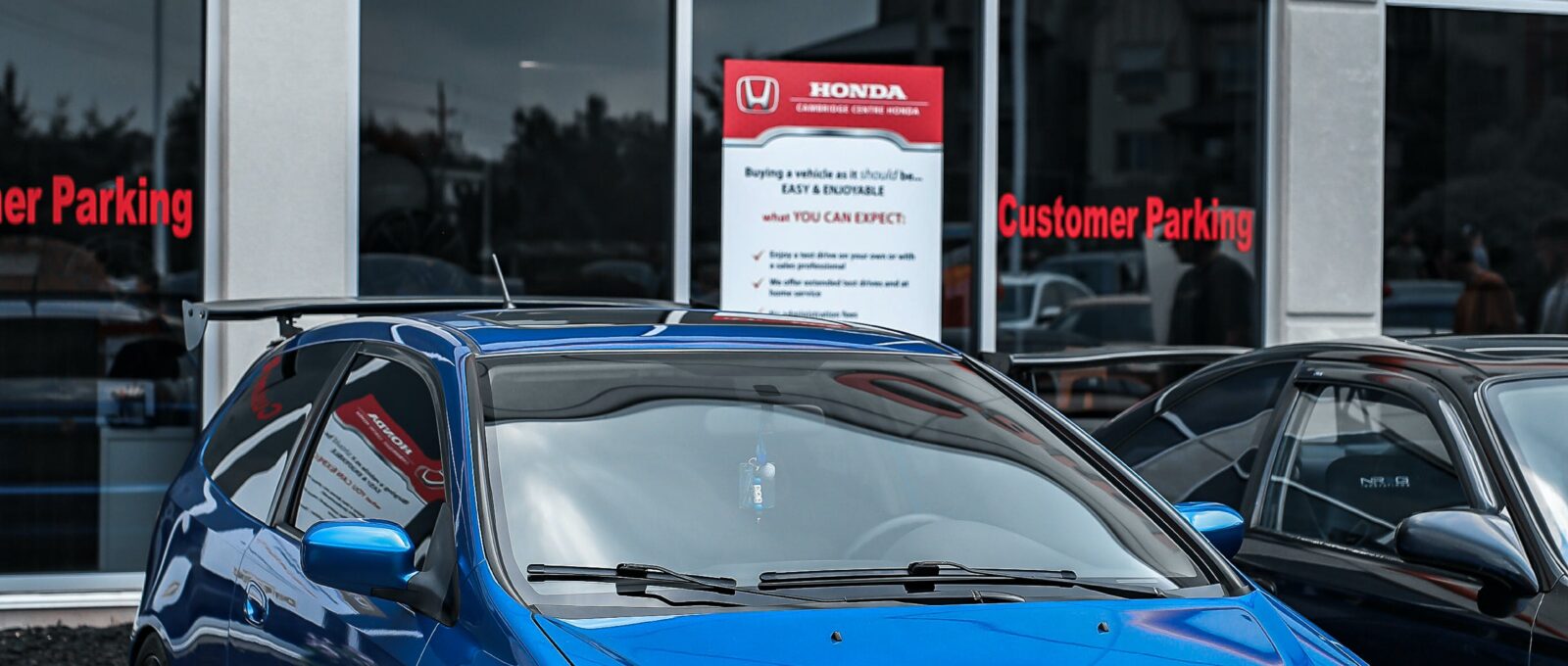Navigating the Pre-Owned Car Market: A Buyer’s Guide
Buying a pre-owned car can be an exciting venture, offering a more affordable option compared to purchasing a brand new vehicle. However, it is crucial to approach the pre-owned car market with caution to ensure you make a wise investment. This buyer’s guide aims to provide you with essential factors to consider before buying a pre-owned car, tips for researching and evaluating used cars, and effective strategies for negotiating the best deal on a pre-owned vehicle.
Factors to Consider Before Buying a Pre-Owned Car
-
Budget: Determine your budget before entering the pre-owned car market. Consider not just the purchase price, but also additional costs such as insurance, maintenance, and fuel consumption. This will help you narrow down your options and prevent any financial strain.
-
Vehicle History: Obtain the vehicle’s history report, which provides crucial information about its past. Look for any accidents, repairs, or issues that may affect its performance or value. Additionally, consider the number of previous owners, as a car with multiple owners may have a higher risk of hidden problems.
-
Reliability and Maintenance: Research the make and model of the car you are interested in to determine its reliability and maintenance requirements. Look for online reviews, forums, and consumer reports to gain insights into potential issues and the longevity of the vehicle. This will help you make an informed decision and avoid any unpleasant surprises down the road.
Tips for Researching and Evaluating Used Cars
-
Online Research: Utilize online resources to research different makes and models, and compare prices from various dealerships and private sellers. Websites like Carfax, Edmunds, and Kelley Blue Book provide valuable information on pricing, vehicle history, and reviews.
-
Physical Inspection: Before making a purchase, inspect the car thoroughly. Look for signs of wear and tear, check the tires’ condition, examine the engine, and inspect the interior for any damages. If you lack expertise, consider hiring a professional mechanic to conduct a comprehensive inspection to ensure there are no hidden issues.
-
Test Drive: Take the car for a test drive to assess its performance and handling. Pay attention to any unusual sounds, vibrations, or warning lights. Test the brakes, acceleration, and steering response. A test drive allows you to experience the car firsthand and determine if it meets your expectations and preferences.
Negotiating the Best Deal on a Pre-Owned Vehicle
-
Research Market Value: Before entering negotiations, research the market value of the specific make, model, and year of the car you are interested in. This knowledge will provide you with a solid foundation to negotiate a fair price.
-
Set a Maximum Price: Determine the maximum price you are willing to pay for the pre-owned car, taking into account your budget and the research you have conducted. Stick to this price during negotiations to avoid overspending.
-
Negotiation Tactics: Be confident and assertive during negotiations. Start with a lower offer and be prepared to walk away if the seller refuses to meet your price. Consider negotiating other aspects, such as additional warranties or repairs, to increase the value of the deal.
Navigating the pre-owned car market requires careful consideration, research, and negotiation skills. By taking into account the factors mentioned in this buyer’s guide, you can make an informed decision, find a reliable pre-owned car, and negotiate the best deal possible. Remember, patience is key, and with due diligence, you can drive away with a pre-owned vehicle that meets your needs and offers excellent value for your money.







